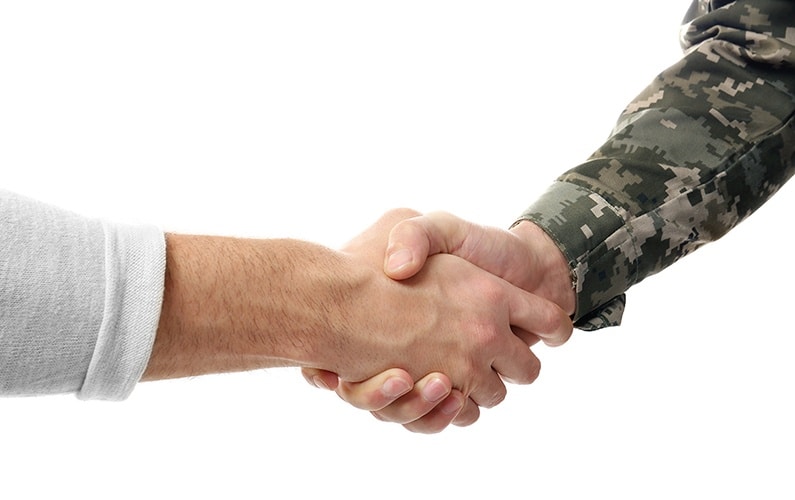
Building Community – Military Style
In this Birth2Work program, co-host and US Marine Corps veteran Rick Stephens and I, sit down with Texas Army National Guardsman Mike Neu. After his year-long deployment in Iraq, Mike returned a changed man. Having grown up in a loving family in his Texas town, Mike appreciated his “American Way of Life” before leaving for Iraq. But nothing could have prepared him for the reality of life when he got there. The basics of military life – thousands of people moving in and moving out constantly – meant order and rules had to be followed exactly in order for progress to be made. (Consider what happens in your own work place when a new employee starts. Now consider that lives hinge on if that person is up to speed from minute one, day one. Changes your thinking a bit, right?).
It floored Mike to realize how impacted the basics of infrastructure were there. Pipelines for sewage, roads, schools, any kind of public greenery had been affected by the war. One society was now attempting to help implement the fundamentals of infrastructure for the long run, but they had no way to do this except to be there working together side by side.
Mike makes important note of how many times he saw his American cohorts come over from the States and go “a bit nuts” without the ability to communicate through cell phones, texts, and social media outlets the way they were used to at home. It was almost as if they had to re-learn how to communicate with people face to face – both Americans and Iraqis. And yet it was through this sharing of humanity that the Iraqis Mike worked with came to trust him. Is there any way Mike sending his group of Iraqi workers a text about how to set up a sewage pipeline would have been effective? Of course not.
Societies are made up of human engagement, trust, and actions. That many Americans today believe they don’t need people and can handle everything in their lives online is a lie. In fact, it’s a degradation of the societal and business constructs that brought digital technologies to life.
It’s not to say, of course, that digital media doesn’t have its place in civilian life or in the military. It does. But it’s the face to face contact and combined physical and mental laboring of peers that sets up any community, new or existing, for sustained success.
